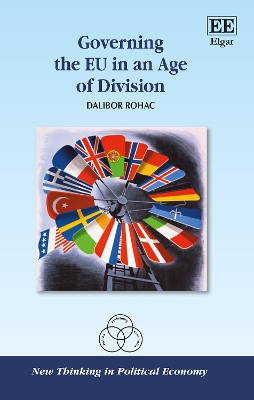New Thinking in Political Economy
1 total work
Critically examining the meta-ideology underpinning European integration, the author studies the implications of Europe’s heterogeneity, disagreements over European policies, and of pluralism of values for the EU’s governance. The book revisits legacies of post-communist transitions and the role played by international economic and political integration in Eastern Europe – as well as the implications of the EU’s enlargements for the EU’s governance. The result is a novel, polycentric perspective on the EU’s governance.
Policy practitioners, commentators, and other opinion leaders as well as academics and students interested in applied political economy and European studies will value this extensive exploration of Governing the EU in an Age of Division.
